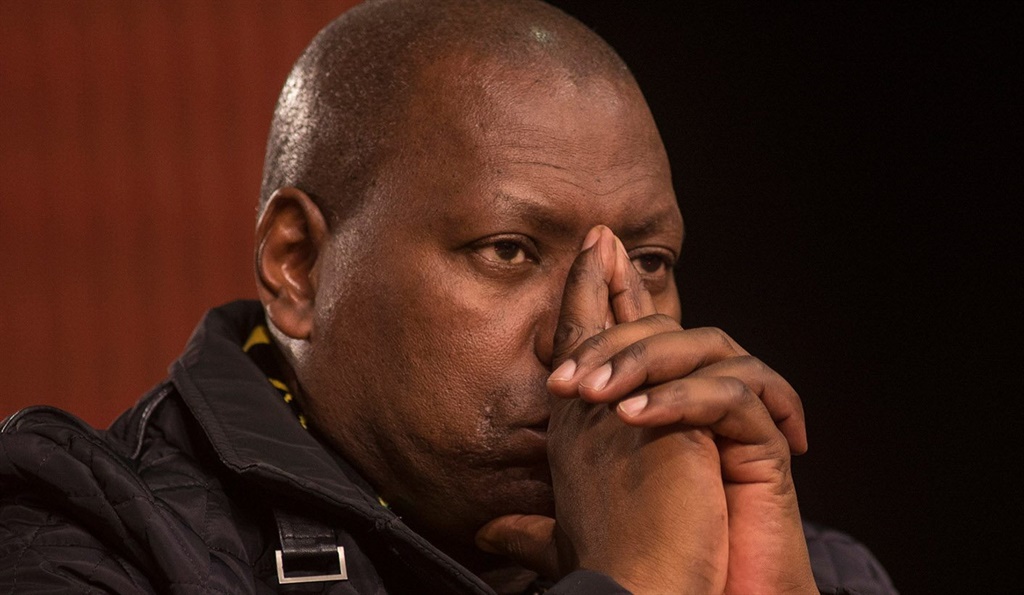South African teacher Sizwe Sibiya is anxiously awaiting repatriation from Wuhan, epicentre of China’s deadly coronavirus outbreak, and has barely left his flat for almost two months.
The South African government promised to fly home 184, from an initial figure of 151, of its nationals – mostly students and teachers – who are residing in the city. But no date has been set for their return.
“The suspense is killing us right now,” Sibiya said. “Everybody is talking about packing and just being ready for the call.”
Sibiya, 40, his wife and their 5-year-old daughter have been confined to their apartment in Wuhan, the capital of Hubei province, for more than 50 days.
“It has been a very, very taxing exercise, both physically and mentally,” said Sibiya, who spoke to AFP via video chat.
“You end up missing just the basic things like seeing people, hearing people make noise.”
Sibiya moved to Wuhan in 2016 with his wife and daughter, who was aged one at the time.
The number of coronavirus cases has risen worldwide to more than 110 000, with more than 3 800 dead across 100 nations and territories since it emerged in December.
South Africa confirmed its first case last week, and now a total of seven people have tested positive.
“You watch the news and you can see the number of people who are infected going up,” said Sibiya, who has grown increasingly concerned about his safety.



